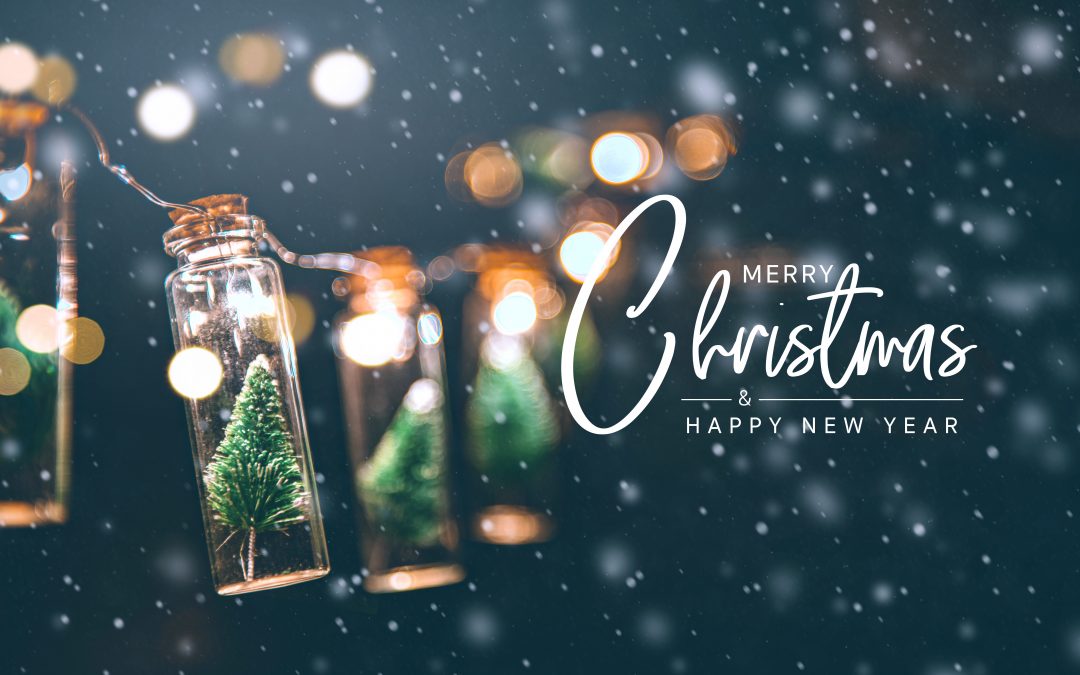The year 2022 at MediaFutures was marked by surging vitality and mobility, as coronavirus waves began to give way to a more endemic phase of the COVID-19 pandemic. The centre’s researchers, partners, students, and administrative staff continued to evolve to meet challenges, and to deliver a high-quality work. With 2022 fast drawing to a close, here is a look back at our achievements and results from the passing year.
Innovation Results
Innovation in 2022 at MediaFutures took place mainly through making research results accessible in the form of demos and prototypes, as well as through taking further steps towards developing a common understanding of innovation in an academic-industry context. In respect of the latter, we have collaborated with Vestlandets Innovasjonsselskap (TTO), the Innovation Department at the University of Bergen, the cluster coordinator NCE Media, in addition to arranging a larger workshop with external facilitator, Sofie Hvitved from the Copenhagen Institute of Future Studies.
This year has helped us to discover that code sharing, demos and prototypes constitute an effective way to challenge our researchers, and to engage with partners on discussions regarding research and its application.
The centre has created a shared programming and code repository on GitHub, as well as a digital infrastructure using NREC and ownCloud technology for storing and sharing data.
Here are selected highlights from the innovation work at MediaFutures in 2022:
- TweetSearcher – an online prototype that can assist in debunking false/re-purposed information present in tweets related to news events. The tool analyses both the text and the visual content of the messages.
- LiveTweet – a semi-automated pipeline that streamlines and simplifies the process of finding relevant social media content. The tool, developed in colloboration with Schibsted and VG Live, speeds up the process of extracting tweets created by users that are pertinent to a given football match into the VG Live’s feed, and gives the journalists the opportunity to focus on other aspects of covering a match.
- A prototype for TV 2 Play platform has been developed addressing the “cold-start” problem in recommendation systems. The “cold-start” problem refers to a situation when a recommender system faces a problem in recommending item, e.g. a movie, due to very little data available related to the user or the item itself. Our prototype offers a recommender system that generates recommendations based on automatically extracted “stylistic” visual features such as colourfulness or brightness.
- Gender guesser – a demo illustrating the problem of gender bias in Scandinavian pre-trained language models. “Gender guesser” was developed to demonstrate the finding of the research paper “Occupational Biases in Norwegian and Multilingual Language Models”.
Moreover, during the 2022 MediaFutures Annual Meeting our scientific staff showcased the following demos:
|
Name |
Description |
Type |
|
Anastasiia Klimashevskaia & Snorre Alvsvåg |
A Demo showing the effect of a Re-Ranker on a recommender system |
Interactive Demo |
|
Pete Andrews |
FootyVision is an all-in-one Model for real-time football statistical analysis with player and ball localisation. |
Video Demo |
|
Jonathan Geffen |
Gamification demo based on Pete’s project |
Interactive Demo |
|
Marianne Borchevik-Braekhus & Snorre Alvsvåg |
A Demo showcasing a tool using user browser history as a baseline to easily examine news usage over a month |
Interactive Demo |
|
Sohail Ahmed Khan |
A showcase of the Media Forensics Repository, a repository presenting a diverse set of resources to assist journalists, fact-checkers, and the public in verifying visual user-generated content. |
Website Showcase |
|
Ayoub el Majjodi |
A showcase for a conversational food recommender system as a mobile application |
Phone Demo |
|
Huiling You |
Demo showcasing EventGraph. A text-to-event framework that encodes events as graphs showing the relation between arguments, triggers, and their corresponding events. |
Demo |
All demos will soon be available on the MediaFutures Demos’ page.
International Cooperation
In 2022, the centre welcomed several visiting researchers and master students. Some of the visits were financed through ERASMUS+ and ARQUS alliance’s grant schemes.
This year the centre’s researchers have joined two EU COST Actions: Samia Touileb has been a secondary proposer to OPINION COST Action (CA21129), and she now serves on the management committee of the research network in question; Morten Fjeld in turn has joined COST Action LEAD-ME (CA19142).
Additionally, MediaFutures hosted an MSCA-IF fellow, Ana Milojevic. In the project Datafication, Media and Democracy: Transformation of News Work in Datafied Society, Milojevic was conducting research on privacy, data tracking, media, and the development of journalism education. The project was completed in the autumn of 2022, and the results of this collaboration can be found here.
“Spin-off” Projects
Researcher Erik Knudsen has been a manager of a Young Research Talent Project funded by the Research Council of Norway. NEWSREC – Democratic Threats and Opportunities of Algorithmic News Recommenders, the project in question, investigates the promise and perils of recommender algorithms that are designed to influence people’s news selection. In 2022, as part of the project a PhD candidate, Khadiga Seddik, has been hired and collaborated with MediaFutures, and its partners.
Associate Professor Mehdi Elahi has been granted support under the priority area Global Challenges at UiB for the project “Investigating Algorithm Fairness and Recommendations in Education”.
Mobility
This year several of our researchers have performed secondments at our partners’ place of operation. PhD Candidate, Sohail Ahmed Khan, has had a longer stay at Faktisk.no, and PostDoctoral Fellow Ghazaal Sheiki was able to do research stay at the University of Stuttgart, Germany. More research stays are expected in 2023/2024.
In addition to the annual conference, the centre has facilitated physical meetings with industry partners, and arranged trips, among others, to Oslo and Vik in Sogn to meet with NRK, Amedia, UiO, the National Library of Norway, Schibsted and Highsoft.
Europe in Crisis
The ongoing war in Ukraine has highlighted the importance of accurate news, and the need for tools that could assist in debunking disinformation. In 2022, the centre has worked on mapping such available tools, and providing an overview of them. Our researchers have also contributed to dissemination in this area – during the MCB’s Future Week, in forums such as “20 minutes of disinformation”, and at the UiB-AI conference, among others.
Scientific and Communication Results
Finally, this year our scientific staff have published 30 research papers in some of the most prestigious journals in the field. We also had a significant amount of representation in scientific conferences, won prizes for our papers, and were invited to provide op-eds and expert opinions in national and international media outlets.
A huge thank you to everyone who contributed to such successful and fruitful year. We at MediaFutures would like to wish you a Peaceful Holidays and a Happy New Year. See you in 2023!

